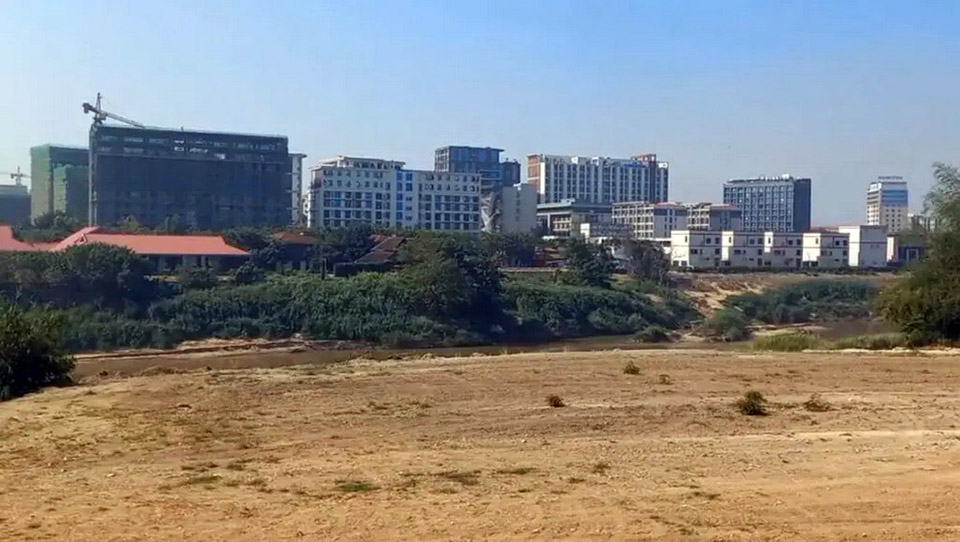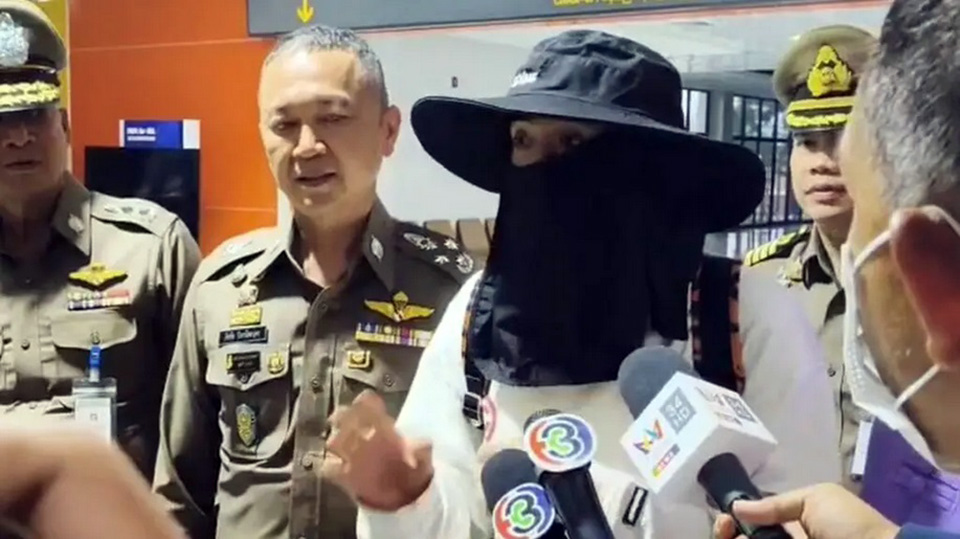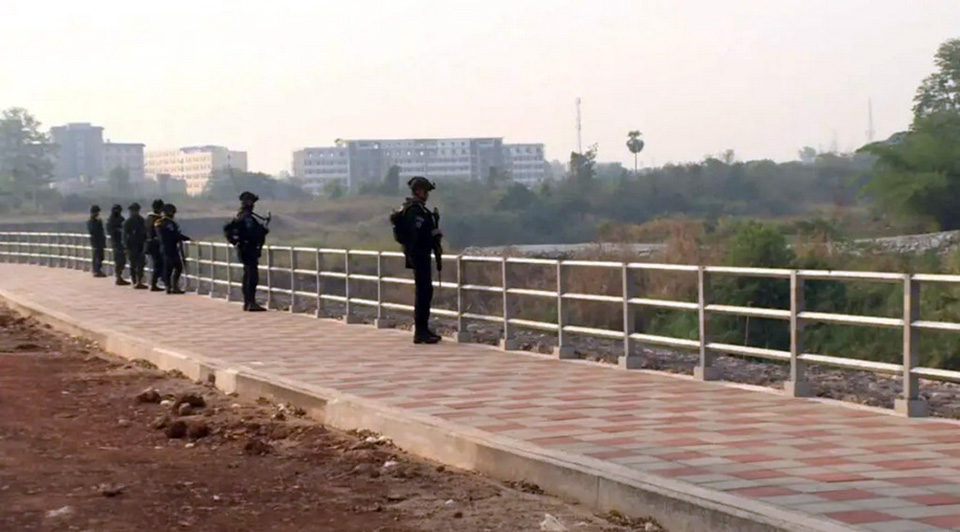
TAK, Thailand – A Chinese actor’s recent rescue from a criminal compound has exposed the operations of at least three major Chinese grey capital groups operating along the Myanmar border opposite Thailand’s Mae Sot district, running enterprises ranging from casinos to online scams and human trafficking operations.
The Shwe Kokko Special Economic Zone, visible across the Moei River from Thailand’s Tak province, showcases extensive development with high-rise buildings spread across 12,000 acres. This $15 billion Chinese investment project operates under the protection of the Karen Border Guard Force (BGF), led by Colonel Saw Chit Thu, the influential figure of Myawaddy. After years of hosting online gambling and call center operations, the zone has faced international and Myanmar government pressure to legitimize its activities.
As Shwe Kokko shifted toward legitimate business, another group developed the KK Park project opposite Mae Sot’s Mae Ku subdistrict four years ago. Under the protection of a different BGF faction led by Teng Win, KK Park has emerged as a hub for illegal operations, including international online scams and human trafficking. The recent rescue of Chinese actor Xing Xing from the compound highlighted its notorious activities.
A third Chinese grey capital group is developing a large-scale project in Myawaddy’s Pha Lu area, opposite Ban Chong Kaeb in Phop Phra district, raising concerns about another emerging criminal center.

Further south, a third Chinese grey capital group is rapidly developing a large-scale project in Myawaddy’s Pha Lu area, opposite Ban Chong Kaeb in Phop Phra district in Thailand, raising concerns about another potential criminal hub.
Three additional smaller groups, some relocating from Cambodia, have established operations connecting with these major players. This has transformed Mae Sot from a traditional crossing point for undocumented Myanmar workers into a transit route for both victims and transnational criminals.
Thai authorities report intercepting various nationalities attempting border crossings, including those from Asia, America, Europe, and South Africa. Despite heightened screening of foreigners entering Mae Sot, many appear to be voluntary participants.

“We have strict measures in place, but I understand that most people come to work willingly. The restaurants and communities make it like a city, not a rural area. There are casinos, shows, and a large amount of circulating money. Many people want to work there. Going there is like taking a chance,” Pol Gen Thatchai Pitaneelaboot, an inspector-general with the Royal Thai Police.
While Thai authorities have cut internet cables connecting to these grey zones and increased natural border crossing patrols, concerns remain about Thailand’s vulnerability as a transit point for transnational criminal operations targeting victims worldwide. (TNA)











